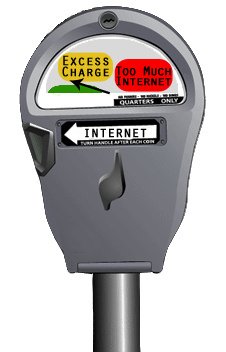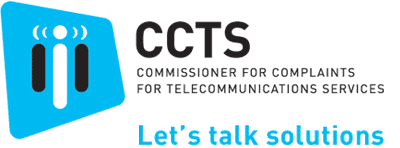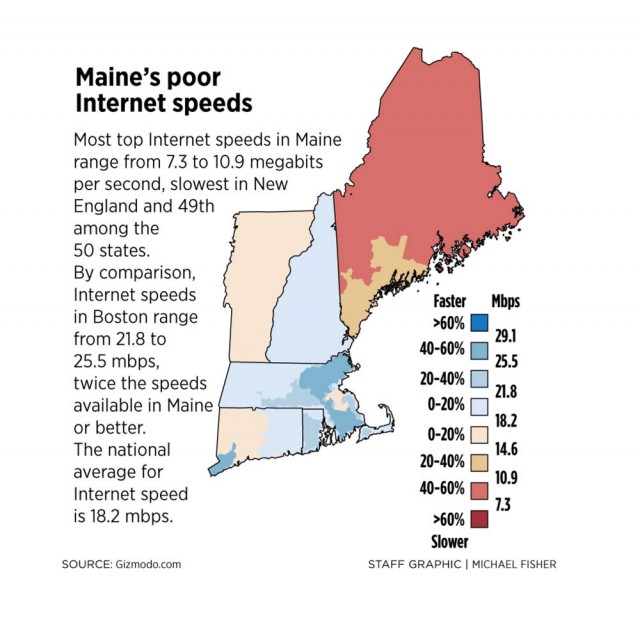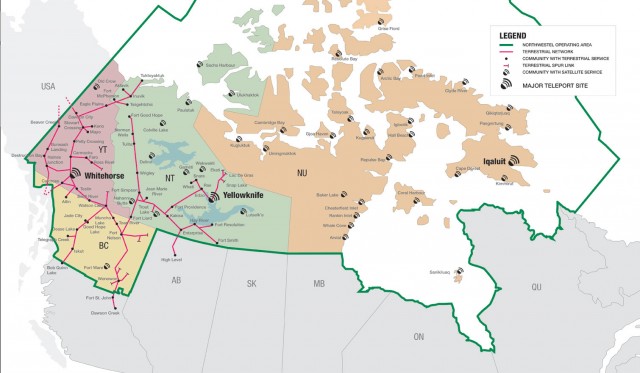 More than two dozen NorthwesTel customers in Canada’s north are contemplating a class-action lawsuit against their Internet provider after being charged hundreds, if not thousands of dollars in overlimit charges for phantom traffic nobody can seem to identify.
More than two dozen NorthwesTel customers in Canada’s north are contemplating a class-action lawsuit against their Internet provider after being charged hundreds, if not thousands of dollars in overlimit charges for phantom traffic nobody can seem to identify.
Kyle Jennex of Whitehorse has always checked his usage, particularly because NorthwesTel charges very high prices for access and has a low usage cap. Running over a plan limit can prove costly at $5 per gigabyte. In November, Jennex discovered NorthwesTel’s usage meter was registering between 5-7GB of mysterious upload traffic every night even after the computer was physically disconnected from his Internet connection.
Despite complaining to NorthwesTel, the company billed him for nearly $1000 in overlimit fees, claiming he exceeded his allowance by nearly 200GB.
“I depend on the Internet for our lifestyle,” Jennex told Yukon News. “We like our music and our movies and our TV, so I download a lot of stuff. I also believe that if I’m paying for 150 gigabytes, I’m going to use that up. So because of that I monitor our usage carefully so I can spread it out throughout the month and to make sure we don’t go over.”
NorthwesTel has never suspected their meter of being responsible for the phantom usage measurements. To Curtis Shaw, NorthwesTel’s vice president of marketing, excess usage is entirely the customer’s responsibility. The company told Jennex his high usage was likely caused by torrent/peer-to-peer network traffic or a neighbor who had hacked into his password-protected Wi-Fi network. But neither explanation can account for usage that continued to rack up with nothing connected to his Internet modem.
Shaw recommends NorthwesTel customers shut down their computers when not in use, particularly overnight, to avoid excess charges. He also advises customers to change their passwords, regularly check usage, and install and update anti-virus software on their computers.

Bill Shock
Shaw also says users can sign up for e-mail that notifies customers when they approach their limit, “really to protect people from receiving a surprise bill.” He adds the company does monitor customer usage and has called customers in the past when their accounts show an unusual amount of activity.
But NorthwesTel didn’t bother to call a customer in Whitehorse who reports he was billed an extra $990 for the extra 198GB of usage he claims he never used. Nor did the company call the woman in the Northwest Territories bill shocked with $3,000 in overlimit fees in a single month.
The company says there have been repeated cases of neighbors “sharing” Wi-Fi connections which can quickly run up usage. But Jennex, who says he well understands the danger of unprotected Wi-Fi, believes he has taken the necessary precautions and has been overbilled anyway.
“The way they’re talking, it’s like every second neighbor is hacking into your wireless,” Jennex said. “I have passwords that are completely random that would take some pretty sophisticated equipment to hack into. We even tried disconnecting all our devices from the router and it still kept happening. The only way I could get them to stop was to physically unplug my modem.”
The company cannot or will not trace Jennex’s mysterious web traffic to identify the source, confident their meter is accurate. Besides, the company says, customers often underestimate the amount of traffic they consume using file sharing programs or watching video online. The company claims it worked hard on its usage meter and it received industry approval for its high degree of accuracy. But providers need not submit their meters for independent verification or subject them to periodic audits to verify meter accuracy.
NorthwesTel does not have a good record on meter accuracy. In 2010 the company was forced to admit it had overbilled hundreds of customers over a “meter glitch” when usage monitors were not reset. As a result, customers found enormous overlimit fees attached to their bills. In one example, a customer was charged a $2,500 overlimit fee on top of his usual bill of $88.
 A glitch may indeed be part of the problem as one Yukon customer successfully confronted NorthwesTel for erroneous overlimit fees for consumption of data that was impossible to accrue at the speed of his Internet connection.
A glitch may indeed be part of the problem as one Yukon customer successfully confronted NorthwesTel for erroneous overlimit fees for consumption of data that was impossible to accrue at the speed of his Internet connection.
Angry customers complain that with so little competition, NorthwesTel has every incentive to play fast and loose with its meter, either because customers will cut their usage, upgrade to a higher cost tier with a bigger allowance, or pay the overlimit fees.
Customers who believe they were unjustly billed overlimit fees should take their case first to the Office of the President. Failing that, they should appeal to the Commissioner for Complaints for Telecommunications Services, an independent agency that has a good track record of winning relief.
Some customers fear the expensive overlimit fees so much, they are following NorthwesTel’s advice and keeping their computers switched off when not being used, but that isn’t a good enough answer for Jennex, who plans to continue the fight.
“There’s no need to rip us off because we live so far North,” he told CBC North.



 Subscribe
Subscribe More than two dozen NorthwesTel customers in Canada’s north are contemplating a class-action lawsuit against their Internet provider after being charged hundreds, if not thousands of dollars in overlimit charges for phantom traffic nobody can seem to identify.
More than two dozen NorthwesTel customers in Canada’s north are contemplating a class-action lawsuit against their Internet provider after being charged hundreds, if not thousands of dollars in overlimit charges for phantom traffic nobody can seem to identify.
 A glitch may indeed be part of the problem as one Yukon customer successfully confronted NorthwesTel for erroneous overlimit fees for consumption of data that was impossible to accrue at the speed of his Internet connection.
A glitch may indeed be part of the problem as one Yukon customer successfully confronted NorthwesTel for erroneous overlimit fees for consumption of data that was impossible to accrue at the speed of his Internet connection.
 After years of inaction, northern Canada will finally see improved telecommunications services that the rest of us have taken for granted for at least a decade.
After years of inaction, northern Canada will finally see improved telecommunications services that the rest of us have taken for granted for at least a decade.
 The CRTC has been unimpressed with the Bell Canada subsidiary’s performance, noting the quality of service is well behind the rest of Canada. The Commission has placed a four-year price cap on services and has broken up NorthwesTel’s near-monopoly on service by ordering it sell landline, Internet, and other voice services separately, which opens the door for new competitors to emerge. New entrants could either develop their own networks or resell service purchased wholesale from the phone company.
The CRTC has been unimpressed with the Bell Canada subsidiary’s performance, noting the quality of service is well behind the rest of Canada. The Commission has placed a four-year price cap on services and has broken up NorthwesTel’s near-monopoly on service by ordering it sell landline, Internet, and other voice services separately, which opens the door for new competitors to emerge. New entrants could either develop their own networks or resell service purchased wholesale from the phone company. Time Warner Cable lost another 215,000 video subscribers during the fourth quarter of 2013, leaving the company with 825,000 fewer subscribers than it had one year ago.
Time Warner Cable lost another 215,000 video subscribers during the fourth quarter of 2013, leaving the company with 825,000 fewer subscribers than it had one year ago.